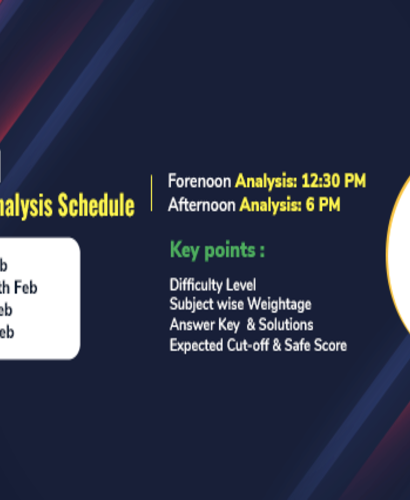Nearly 800 students signed up for the new undergraduate data science program launched by the University of California last fall. The program became one of the most popular undergraduate programs offered by the university. This made the university a leader in producing data scientists – one of the hottest and high-paying roles in the industry. The role requires people to excel in areas such as statistics, machine learning, programming, and mathematics.
However, now colleges and universities are struggling to expand their data science programs and keep up with the demand for data science professionals. According to a 2018 LinkedIn report, over 150,000 jobs that require data science skills are unfilled. American cities, particularly New York City and Los Angeles are facing a shortage of people with data science skills, the report said.
Data science is a completely new field that requires a gamut of skills. There are very few places that teach data science and comprehensive resources to learn data science are limited.
This shortage of resources will soon mitigate. IBM along with the University of Pennsylvania and the Linux Foundation is creating an open-source data science curriculum kit that educational institutions can use and accelerate the pace of launching their data science programs.
There is tremendous demand for an educational blueprint that will help academic institutions to build their data science programs, suggests, Ana Echeverri, IBM’s AI skills Learning and Certifications Lead.
As per a report, the kit is expected to be available on GitHub by next year. The kit will comprise of independent modules that will teach core data science concepts and will include slides, lecture notebooks, and home assignments that instructors can use as-is or modify to meet their needs.
Researchers at the University of Pennsylvania are creating the curriculum by taking out lessons and their experience of teaching data science to students, suggests, Susan Davidson, a professor at the University of Pennsylvania.
Once the modules are out, it will be fairly easier for other universities to contribute their open-source content to the project. A dedicated oversight committee at IBM will approve changes to the existing content of the curriculum or new additions.
The project aims to help colleges get their data science programs off the ground faster and quickly align with the needs of the industry. This is a good approach to impart the skills to people that are in-demand in the industry and be able to deliver up to the expectations of the employer. This will quickly shrink the existing demand-supply gap for data science professionals.
On the other side, organizations like WDSI (World Data Science Initiative) are offering institutional grants to help academic institutions to set-up their center for excellence and pave way for data science research. A few American and African universities have partnered with WDSI to launch their center of excellence recently. The move will help universities to push boundaries for innovation in data science research and education.
Some universities are taking a different approach to pushing data science education. The University of Virginia, for instance, is setting up satellites, which the university calls “collaboratories” as part of its interdisciplinary school of data science. With this move, the university aims to break down academic silos and keep themselves connected with all programs.
Currently, the university only offers a master’s program in data science. Offering an undergraduate program will be much more difficult due to the need to maintain a balance between technical skills required in the workplace and other education courses to help students become well-rounded professional, hints, Donald Brown, founding director, UVA’s School of Data Science.
IBM’s Echeverri, predicts, eventually data science skills will be taught to all undergraduates. She expresses, “the reality is data science will be embedded in a lot of programs that are not categorized under technical programs”.












